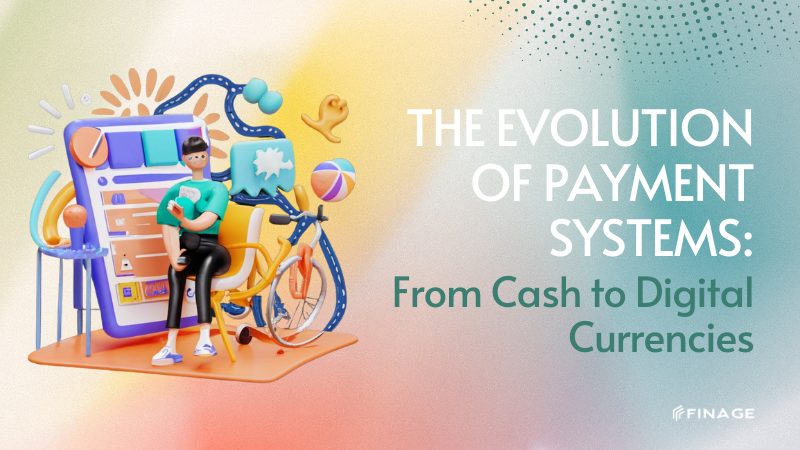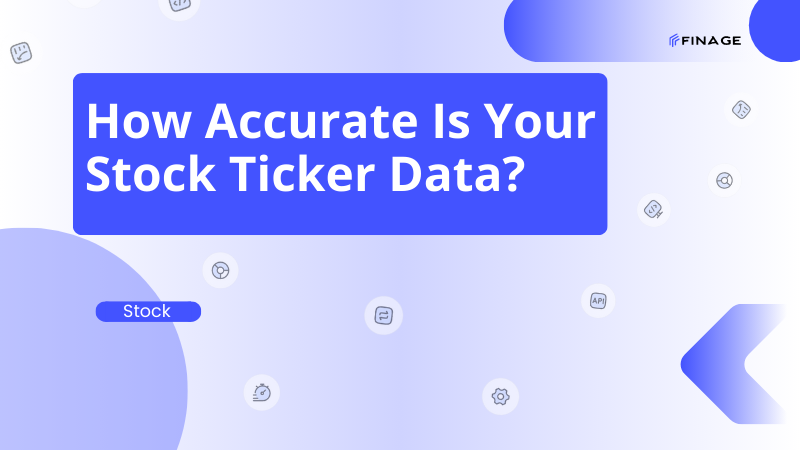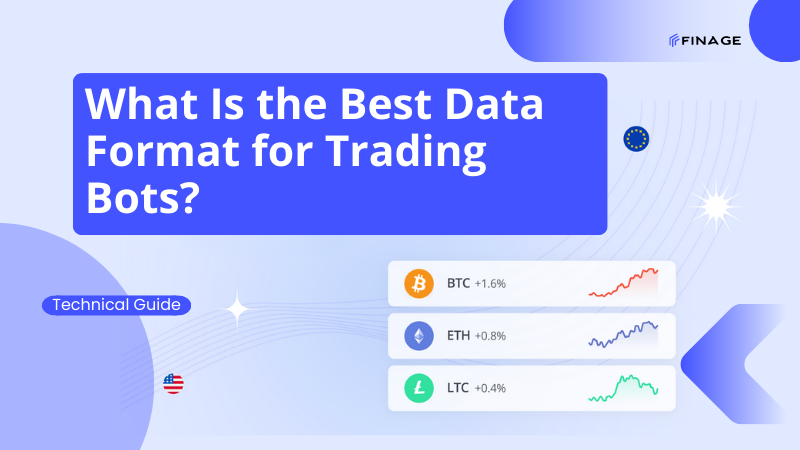The Evolution of Payment Systems: From Cash to Digital Currencies
5 min read • May 5, 2023

Introduction
Table of Contents
- Introduction
-The Age of Cash
- Enter the Plastic Revolution: Credit and Debit Cards
- The Dawn of Online Banking
- The Birth of Digital Wallets
- Cryptocurrencies: The Game-Changer
- The Rise of Altcoins
- Central Bank Digital Currencies (CBDCs)
- The Future of Payments
- Challenges and Opportunities
- Conclusion
In today's fast-paced world, the way we handle payments has undergone a remarkable transformation. Gone are the days when cash was king, and physical coins and banknotes ruled the financial landscape. The rise of digital currencies has revolutionized the way we conduct transactions, manage finances, and even think about money. In this blog, we will explore the fascinating journey of payment systems, tracing their evolution from traditional cash to the world of digital currencies.
The Age of Cash
Cash, in the form of coins and banknotes, has been the primary means of exchange for centuries. Its tangible nature offered a sense of security and immediate value. People trusted the physical presence of money in their wallets and purses. However, cash had its limitations. It was susceptible to theft, and counterfeiting, and cumbersome to carry large sums.
Enter the Plastic Revolution: Credit and Debit Cards
In the mid-20th century, a significant shift occurred with the introduction of credit and debit cards. These plastic cards replaced the need for physical cash in many transactions. Consumers could now make purchases without having to carry cash, and merchants could accept payments more conveniently. The use of cards was not only more secure but also laid the groundwork for a cashless society.
The Dawn of Online Banking
The internet boom of the 1990s brought with it the advent of online banking. People could check their account balances, transfer funds, and pay bills from the comfort of their homes. This digitalization of financial services marked a significant step toward a cashless society. However, it still relied on traditional fiat currencies held in bank accounts.
The Birth of Digital Wallets
As smartphones became ubiquitous, so did digital wallets. Apps like PayPal, Apple Pay, and Google Wallet allowed users to store their payment information securely and make digital transactions with ease. These wallets bridged the gap between physical cash and fully digital currencies by enabling contactless payments and peer-to-peer transfers.
Cryptocurrencies: The Game-Changer
The true game-changer in the evolution of payment systems was the introduction of cryptocurrencies, with Bitcoin leading the way. Launched in 2009, Bitcoin introduced the concept of a decentralized, digital currency not controlled by any central authority. It utilized blockchain technology to record transactions transparently and securely.
The Rise of Altcoins
Following Bitcoin's success, thousands of alternative cryptocurrencies, or altcoins, emerged. Each aimed to improve upon Bitcoin's shortcomings, offering faster transaction times, increased privacy, or smart contract capabilities. Prominent altcoins like Ethereum, Litecoin, and Ripple gained popularity, expanding the possibilities for digital payments.
Central Bank Digital Currencies (CBDCs)
Recognizing the potential of digital currencies, central banks around the world began exploring the creation of their own digital currencies. These CBDCs represent a government-backed digital version of a country's fiat currency. They aim to combine the benefits of digital payments with the stability and trust associated with traditional currencies.
The Future of Payments
As we stand on the cusp of a cashless future, the evolution of payment systems is far from over. With innovations like decentralized finance (DeFi), non-fungible tokens (NFTs), and the integration of blockchain technology into mainstream financial services, the financial landscape is rapidly changing. The possibilities are limitless, but the key lies in striking the right balance between innovation, security, and accessibility.
The Future Unfolds: Challenges and Opportunities
As we look to the future of payment systems, it's essential to consider both the challenges and opportunities that lie ahead.
Challenges:
Regulation and Security: With the rise of digital currencies, regulatory bodies are working to establish clear guidelines. Ensuring the security of digital transactions and protecting consumers from fraud and cyberattacks are top priorities.
Financial Inclusion: As digital payment systems become more prevalent, it's crucial to ensure that everyone has access to these technologies. Bridging the digital divide and ensuring financial inclusion will be a challenge.
Privacy Concerns: The transparency of blockchain technology, while a strength, also raises concerns about privacy. Striking a balance between transparency and data protection will be a delicate task.
Volatility: Cryptocurrencies like Bitcoin are known for their price volatility. Stablecoins and central bank digital currencies aim to address this issue, but stability remains a concern.
Opportunities:
Financial Innovation: Digital currencies open up a world of possibilities for financial innovation. Smart contracts, decentralized finance (DeFi), and tokenization of assets are just a few examples of how blockchain technology can reshape the financial sector.
Cross-Border Transactions: Digital currencies have the potential to simplify and speed up cross-border transactions, reducing the need for intermediaries and lowering costs.
Financial Empowerment: Digital currencies can empower individuals by giving them more control over their finances. They offer opportunities for financial services in regions with limited access to traditional banking.
Reduced Transaction Costs: Digital currencies can significantly reduce transaction costs, making microtransactions economically viable and reducing fees associated with traditional banking and remittances.
Conclusion: The Evolution Continues
The evolution of payment systems from cash to digital currencies is a remarkable journey that reflects our ongoing quest for efficiency, security, and convenience in financial transactions. While the road ahead presents challenges, the opportunities for innovation and financial empowerment are equally exciting.
As we move forward, it's essential for governments, financial institutions, and technology developers to collaborate in shaping the future of payment systems. Striking the right balance between regulation and innovation, privacy and transparency, and accessibility and security will be crucial in realizing the full potential of digital currencies.
One thing is certain: the landscape of payments will continue to evolve, and the transition from cash to digital currencies is just one chapter in this ever-unfolding story. Embracing this transformation and staying informed about the latest developments in the world of digital finance will empower individuals and businesses to thrive in the exciting era of digital currencies.
You can get your Real-Time and Historical Cryptocurrency Data with Finage free Crypto Data API key.
Build with us today!
Claim Your Free API Key Today
Access stock, forex and crypto market data with a free API key—no credit card required.

Stay Informed, Stay Ahead
Finage Blog: Data-Driven Insights & Ideas
Discover company news, announcements, updates, guides and more


